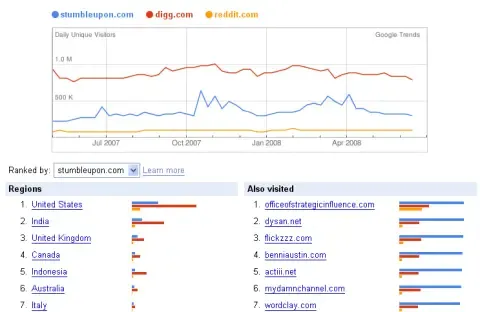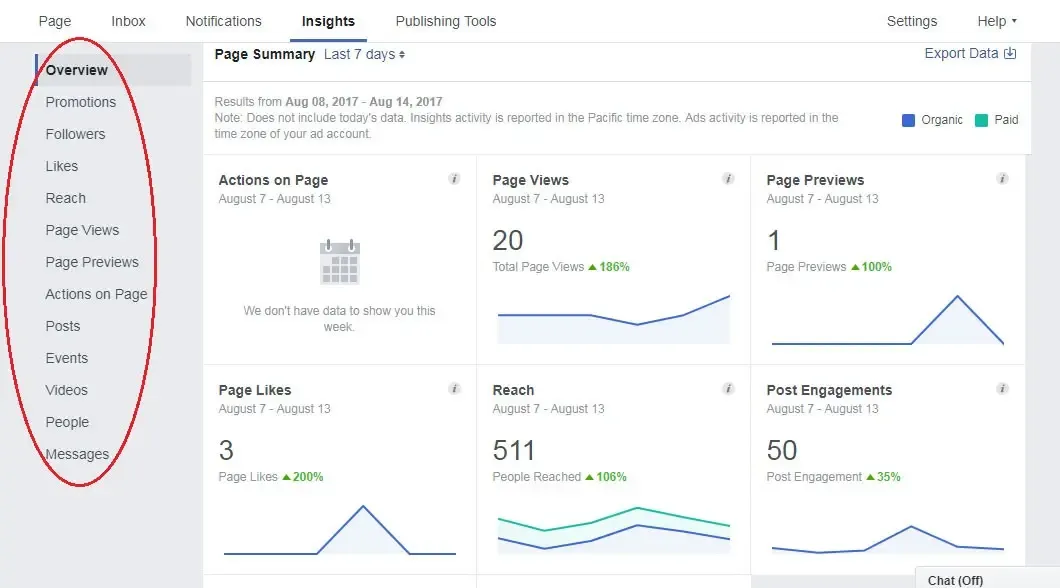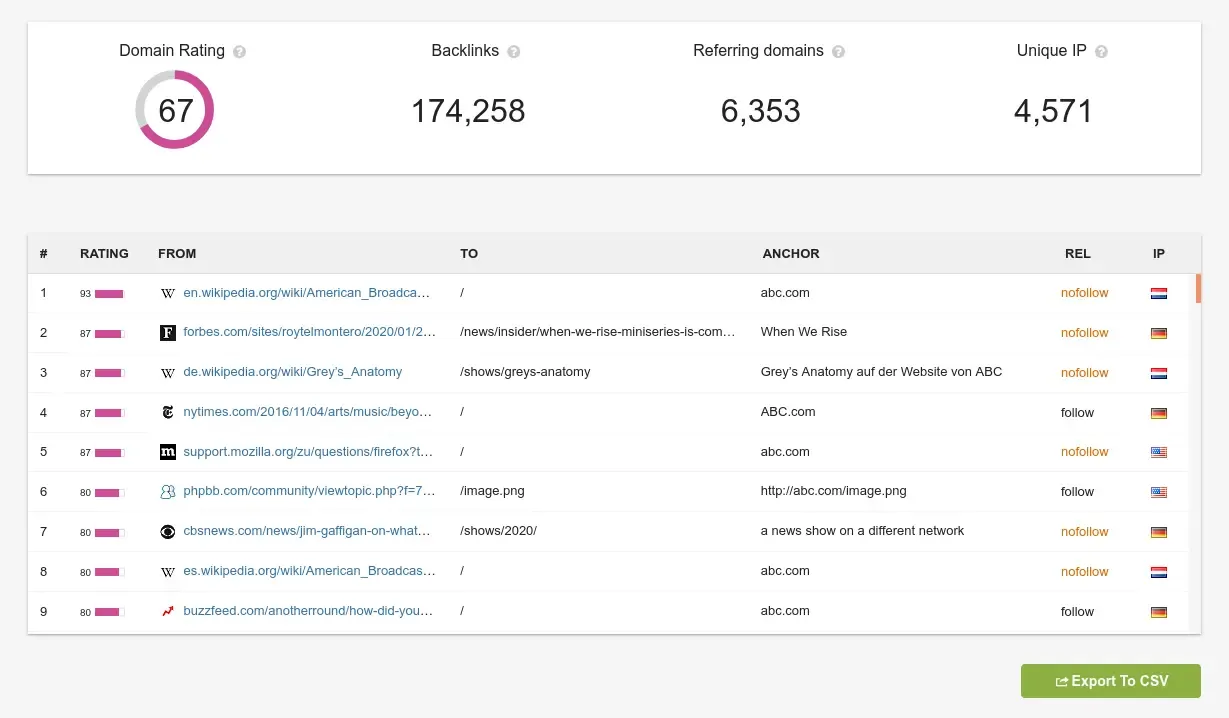
Understanding the actual traffic a website receives is like having the keys to a treasure chest of insights. Whether you're a marketer, a business owner, or just a curious soul, knowing how to uncover this data can provide invaluable information about a website's popularity and performance. In this article, we will explore various methods to determine the actual traffic a website gets, helping you gain a deeper understanding of its online presence.
Before we delve into the methods, let's get acquainted with the fundamental concepts of website traffic analysis.

Website traffic refers to the number of visitors a website receives. It's a critical metric for assessing a website's reach and engagement.
Website traffic is a key performance indicator (KPI) for businesses. It can impact revenue, brand visibility, and overall success.
One way to estimate website traffic is by leveraging publicly available data and online tools.
Alexa Rank provides a rough estimate of a website's traffic based on data from Alexa Toolbar users. Lower ranks typically indicate higher traffic.
SimilarWeb is another tool that offers traffic estimates, including data on sources, referrals, and user engagement.

Google Trends allows you to explore the popularity of specific search terms related to a website, providing insights into its relevance.
For a more accurate assessment, accessing a website's analytics can provide precise traffic data.
If you have access to a website's Google Analytics account, you can view detailed information about its traffic, including demographics, behavior, and sources.
Tools like SEMrush or Ahrefs enable you to compare a website's traffic to competitors and gain insights into its performance within its niche.
Social media platforms can offer clues about a website's popularity.

Facebook pages associated with a website can provide insights into its reach and engagement with Facebook followers.
Twitter followers and engagement metrics can offer hints about a website's online presence and influence.
Assessing a website's content engagement can reveal valuable information.
Higher comment counts and social shares often indicate more significant traffic and user engagement.
Checking how a website ranks in Google search results can provide insights into its visibility and, indirectly, its traffic.
Backlink analysis can unveil a website's authority and influence.

Tools like Moz's Open Site Explorer or Ahrefs' Backlink Checker can reveal the number and quality of backlinks to a website.
Crowdsourced data can be surprisingly informative.
Online forums and platforms like Reddit often have discussions and insights about a website's traffic or credibility.
While these methods can provide valuable estimates, it's essential to acknowledge their limitations.
Publicly available data and tools may not always provide accurate traffic estimates, and analytics data is only accessible with permission.
Remember that you may get trends and estimates rather than precise numbers.
Estimating a website's actual traffic is an intriguing endeavor that requires a combination of methods and a pinch of caution. Whether you're exploring the competitive landscape or assessing a potential advertising partner, these insights can help you make informed decisions and navigate the digital landscape more effectively. While no method guarantees exact numbers, the journey of discovery is both enlightening and empowering.
1. Why is it important to know a website's actual traffic?
Knowing a website's traffic provides insights into its popularity, user engagement, and overall online presence, which can be invaluable for various purposes.
2. What is the significance of publicly available data for estimating website traffic?
Publicly available data and tools offer rough estimates of a website's traffic, helping you gauge its online reach.
3. How reliable are tools like Alexa Rank and SimilarWeb for estimating website traffic?
While not always precise, tools like Alexa Rank and SimilarWeb can provide useful traffic estimates, especially for comparative analysis.
4. What insights can you gain from Google Trends regarding a website's traffic?
Google Trends reveals the popularity of search terms related to a website, offering insights into its relevance and trends over time.
5. What are website analytics, and why are they crucial for estimating traffic?
Website analytics tools like Google Analytics provide precise data on a website's traffic, user demographics, and behavior.
6. How can you access a website's Google Analytics data?
Access to a website's Google Analytics requires permission or login credentials, typically granted by the website owner.
7. What are competitor analysis tools, and how can they help estimate a website's traffic?
Tools like SEMrush or Ahrefs compare a website's performance to competitors, offering insights into its market position.
8. How can social media platforms provide clues about a website's traffic?
Social media insights, such as Facebook Insights and Twitter engagement metrics, reflect a website's reach and influence within these platforms.
9. Why do comments, social shares, and Google search rankings matter for estimating traffic?
Higher engagement metrics like comments and shares often indicate more traffic, and Google search rankings reflect a website's visibility.
10. What precautions should you take when estimating website traffic using these methods?
Acknowledge that estimates may not always be precise, and rely on multiple methods for a more accurate understanding of a website's traffic.







































